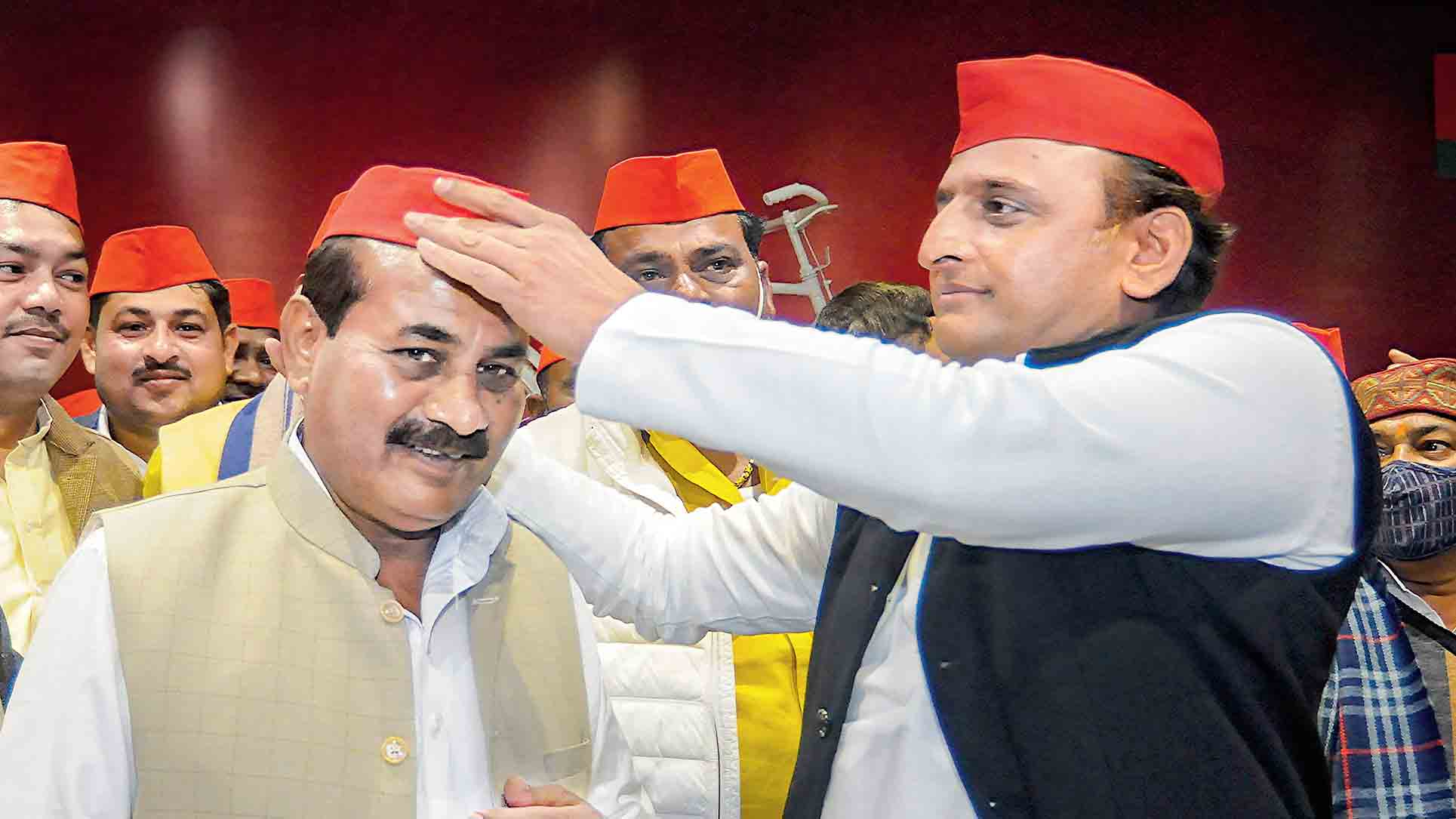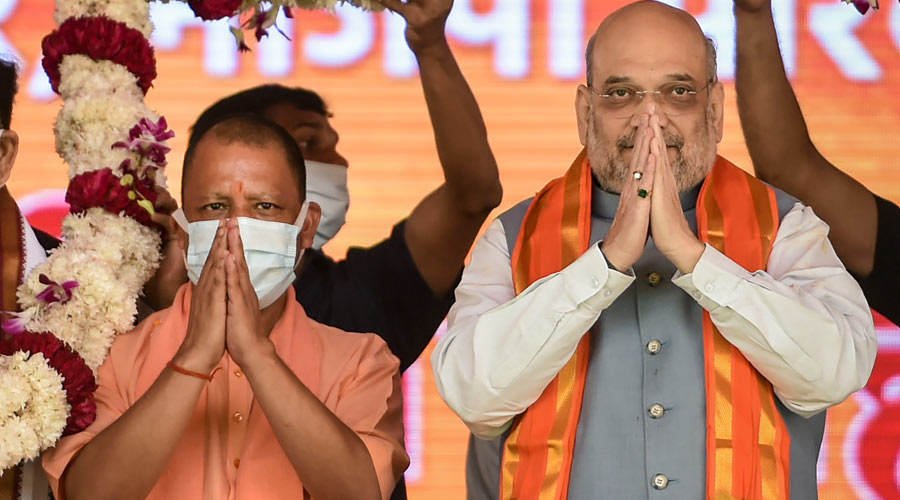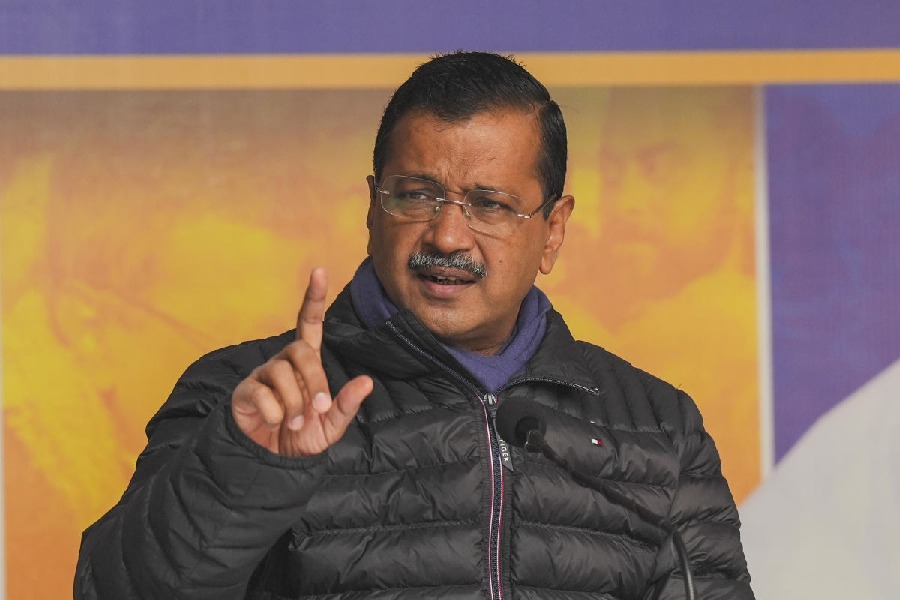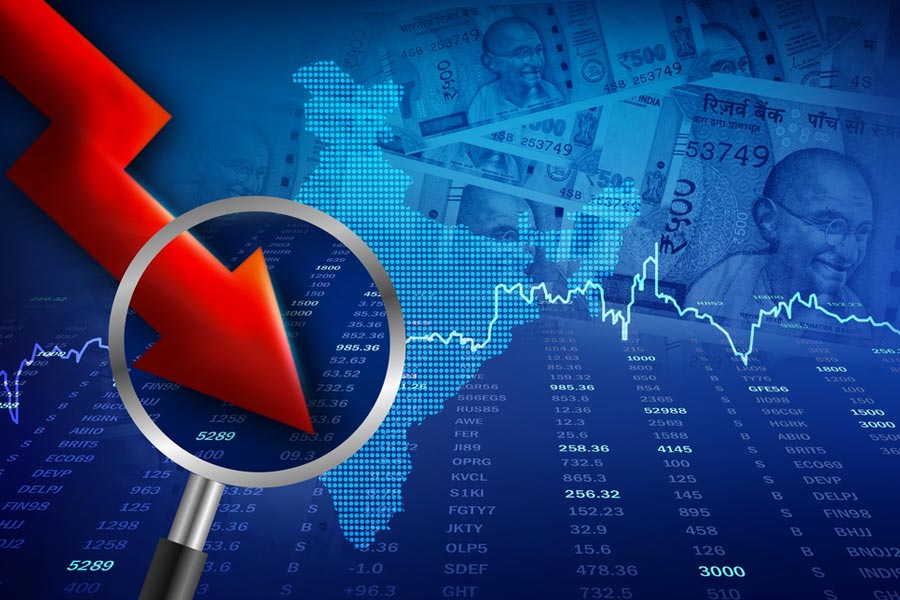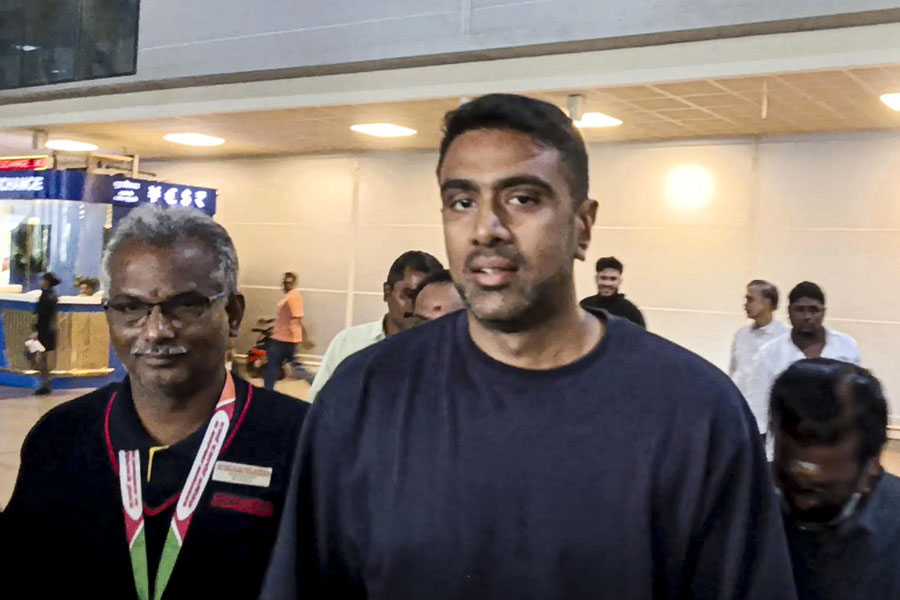About a year ago, then Uttar Pradesh forest minister Dara Singh Chauhan had boarded a flight in which Samajwadi Party president Akhilesh Yadav was travelling from Lucknow to Delhi.
Dara wanted an audience with Akhilesh away from the glare of chief minister Yogi Adityanath, the BJP’s “sleuths” from the investigating agencies, the party’s IT cell operatives and its trolls. He succeeded in finding out about Akhilesh’s schedule and bought a ticket for the same flight.
“We feel suffocated under Adityanath. He routinely humiliates and tortures us (OBC ministers and MLAs). Please do something; rescue us from the hellhole we have fallen into,” Dara said, breaking down before Akhilesh to the surprise of the two aides accompanying the former chief minister.
“Dara told Akhilesh that he was meeting him as an ‘envoy’ of the respected OBC leader and senior minister, Swami Prasad Maurya,” a highly placed source with access to Dara, Maurya and Akhilesh told this writer. “Dara said that over a dozen MLAs from the OBC communities would desert the BJP to join Akhilesh if the Samajwadi chief listened to him.”
Last week, three OBC ministers — Maurya, Dara and Dharam Singh Saini — resigned from the Adityanath government and met Akhilesh, with at least three other OBC MLAs and a Dalit peer too walking out on the BJP with the aim of joining the Samajwadis. Another OBC MLA joined the Rashtriya Lok Dal.
All of them accused Adityanath of ignoring the interests of OBCs and Dalits, and of refusing to cooperate with lawmakers and ministers from these marginalised communities.
It was Dara, MLA from Madhuban, who had carried Maurya’s resignation letter to the Assembly Speaker’s secretariat on Tuesday, a day before he himself resigned.
Although Akhilesh had given Dara a patient hearing on the flight, he had not made any promises.
“Go and work in your constituency and your people. We shall see,” Akhilesh had said before stepping out of the flight at Delhi airport, leaving the minister behind.
It was the intervention of his father and Samajwadi patriarch Mulayam Singh Yadav that eventually changed Akhilesh’s mind.
Rajbhar’s role
However, the seeds of rebellion against Adityanath had been sown much earlier by the leader of BJP ally Suheldev Bharatiya Samaj Party, Om Prakash Rajbhar, who was cabinet minister for backward classes in the state government.
Rajbhar had, within a year of Adityanath taking over as chief minister, objected to the state government sanctioning an equal amount — Rs 700 crore each — towards scholarships for schoolchildren from the upper castes and the backward and marginalised sections, respectively.
Rajbhar’s logic was that the schools of Uttar Pradesh had only 5 lakh students from the upper castes against 25 lakh from the backward and marginalised sections, so an equal allotment was “unjust and discriminatory”. Adityanath ignored the plea.
Rajbhar, however, held a series of open and secret meetings with the OBC ministers, including Maurya, a six-term MLA and leader of a group about 15 OBC MLAs — 12 from the BJP and the rest from the Bahujan Samaj Party (BSP) and the Congress. He tried to convince them about Adityanath’s “game” of using the OBC support base in the interests of Hindutva and the upper castes.
The RSS-BJP’s strategists had co-opted segments of the non-Yadav OBCs and non-Jatav Dalits using the incentives of free gas cylinders and food grains and direct cash transfers under the old-age pension scheme and other welfare programmes.
The RSS-BJP cadres had anyway been campaigning among local OBC and Dalit leaders in a big way since 2014, encouraging the non-Yadav OBCs and non-Jatav Dalits to break away from the Samajwadi Party and the BSP, respectively, and vote for the BJP.
The strategy paid dividends with the BJP securing about 42 per cent of votes in the 2017 Assembly elections and nearly 50 per cent in the 2019 Lok Sabha polls in Uttar Pradesh.
Emboldened by the successive victories and an assessment that Hindutva politics was a bigger “glue” for the OBCs and Dalits, Adityanath sacked Rajbhar from his cabinet after the 2019 Lok Sabha results.
Rajbhar now began openly campaigning against Adityanath among his OBC and Dalit “friends”, including Maurya, Saini and Dara.
Samajwadi sources said that Akhilesh hadn’t given too much thought to Dara’s plea when the then minister sprang the surprise meeting on him on the Delhi flight. Akhilesh had thought that accepting too many turncoats from the BJP might create problems while allotting tickets, with his own party boasting an army of claimants in each of the state’s 403 Assembly constituencies.
At this stage, Mulayam summoned his son and counselled him that a “problem of plenty is always better than a scarcity”.
“You should reach out to all the OBC and Dalit parties to expand your reach beyond the Yadav-Muslim combination,” he told Akhilesh, according to a party source.
“You should bury the hatchet with your uncle Shivapal Yadav, who had played spoilsport in the 2017 elections. It’s time to be accommodative and unite the streams inspired by the politics of Ram Manohar Lohia and Ambedkar-Kanshi Ram.”
Akhilesh listened to his father and tied up with as many as seven caste-based parties — starting with Rajbhar’s — apart from his uncle Shivapal’s Pragatisheel Samajwadi Party.
Rajbhar told this newspaper: “Adityanath has plundered the share of OBCs and Dalits in the name of Ram and Hindutva. He appointed 6,900 teachers denying 27 per cent of the reservation to OBCs. Most of the appointees are Thakurs — his caste. He appointed 19 teachers at Bundelkhand University, of whom 15 are Thakurs and Brahmins.”
Questions relating to Rajbhar’s allegations about discrimination in school scholarships and teacher appointments that this newspaper emailed to the chief minister’s office have brought no response.

